Cinavu refers to food wrapped in leaves. It is a dish that often appears during festivals and is also one of the special foods of the aboriginal people.
Millet gift
The millet harvest festival is the most important among the annual rituals of the Paiwan people. The other is a grand ceremony held every five years by the Buchaoer Group. There are priests and wizards in charge of various ceremonies in the rituals. The priests preside over the rituals, and the wizards can directly communicate with the gods and ancestors. They are the core figures in the rituals. Millet has rituals at every stage from reclamation, sowing, weeding to harvesting. When the farming activities are completed, the rituals performed are called masalut (gratitude harvest festival). The original intention of Masalut is to thank the gods for their blessings and to serve as a boundary between the beginning or end of a year. The original meaning of Masarut is "across, beyond"
-
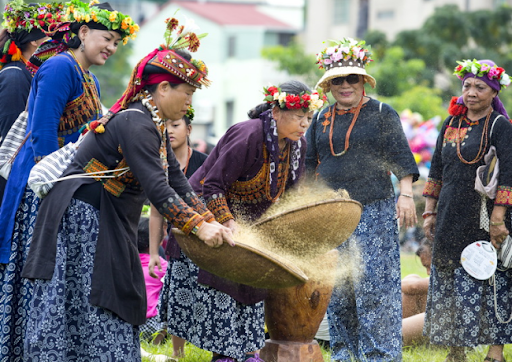
Aboriginal celebration -
-
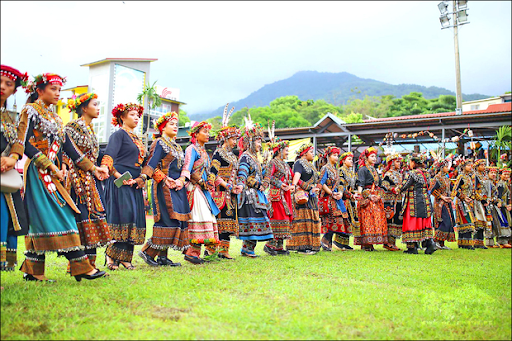
Aboriginals are dancing
Cinavu
-
-
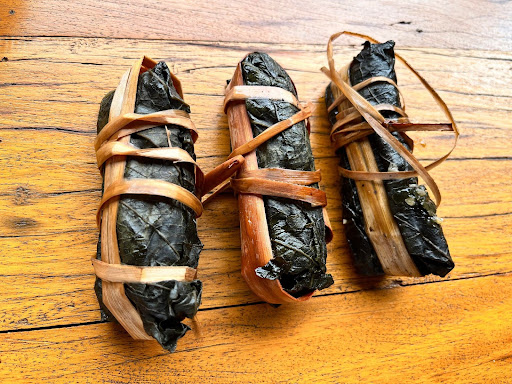
Cinavu
Betel nut
-
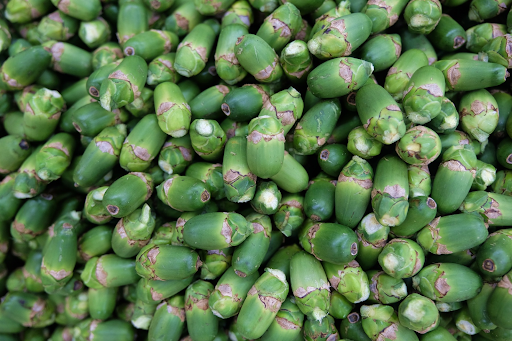
Some betel nut -
Betel nut is a characteristic of the aborigines. In addition to being an essential food for socializing and entertaining, it is also an indispensable gift at weddings.
Millet wine
-
Millet wine (kavava) is a common traditional alcoholic beverage among Taiwanese aborigines of Austronesian origin. It is usually used in various festivals to represent the message of a good harvest. And the longer it is brewed, the more mellow it will be. The taboo is not to make wine if there are pregnant women in the house
-
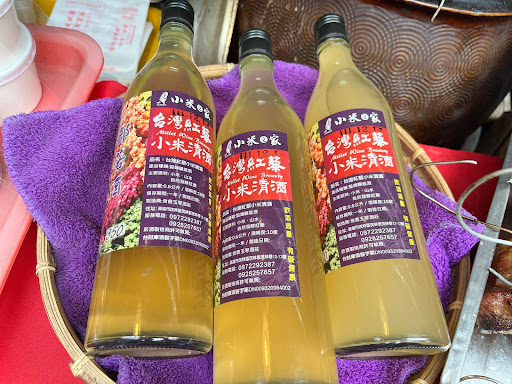
Millet wine
Marriage
Rukai marriages are mainly class marriages. Marriage is one of the conditions for changing status and facilitates social class mobility. There are three forms of class marriage: same-class marriage, promotion marriage, and downgrade marriage.
Wedding process and wedding day
Rukai wedding process: including making friends between men and women, men cleaning at the woman’s house, farming, exploring marriage, proposing marriage, discussing marriage, setting up a swing frame, betrothal gift under engagement, feasting guests, return gift, swinging, circle dancing, singing praises, and reporting good news , Touching the iron tool (the bride should touch nails, pots, and knives to show that she has officially become a part of the man's side), praise of warriors, praise of singing and dancing, singing and dancing all night, hiding the bride, snatching marriages, etc. On the day of the wedding, the matchmaker will first go to the man's house to inform the wedding procedure, and then the matchmaker will bring the woman's family to deliver the dowry to the man's house at two or three in the afternoon. The matchmaker holds the wedding ceremony on behalf of the woman's relatives, and then takes the groom to the clubhouse , and then go to the woman's house to attend the wedding with the classmate there. After the wedding at the woman's home, the unmarried friends send the groom to the club for the night. At three or four o'clock the next day, the groom gets up and returns to his new wife.
-
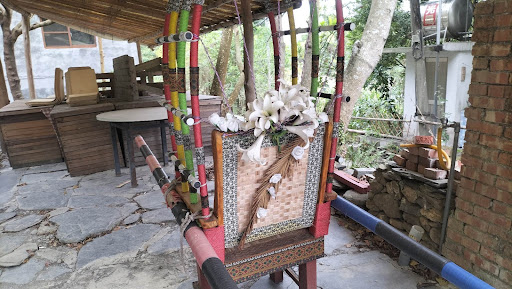
Sedan chair -
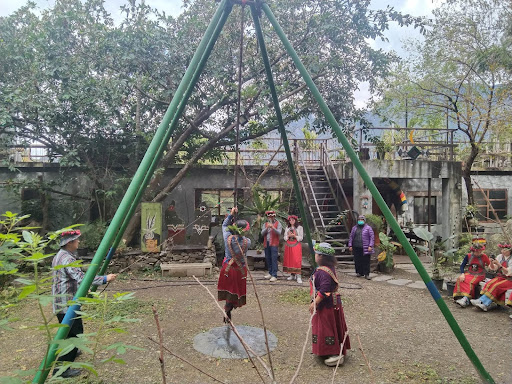
Wedding swing -
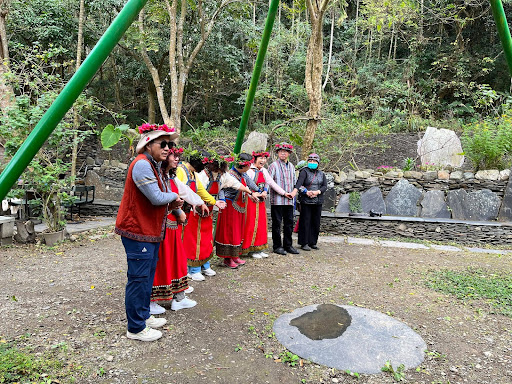
Wedding dance



























